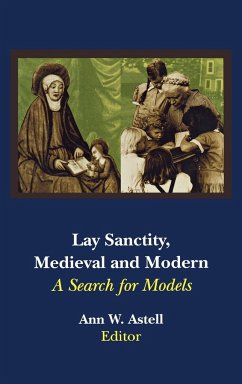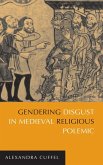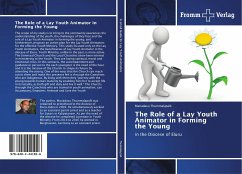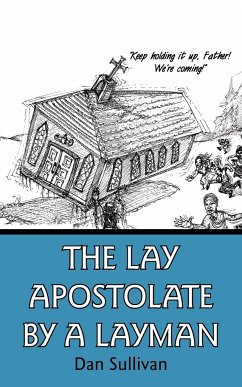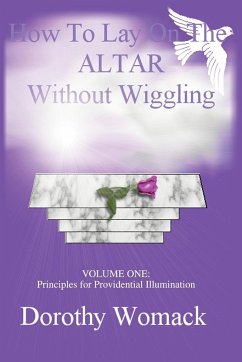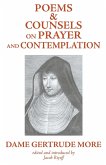Inspired by Vatican II, which attributed a special apostolate to the laity and affirmed their calling to holiness, this volume of original essays focuses on the shifting points of intersection between changing historical definitions of laity and sanctity. Ann W. Astell and ten other scholars examine a series of medieval and modern lay "saints" in order to explore how these figures perceived their own lay status and how this status has been perceived by others. Through its examination of a series of specific historical figures and movements, Lay Sanctity, Medieval and Modern seeks answers to a set of recurring questions, such as what actually distinguishes the sanctity of the laity from that of the religious, why so few lay persons have been canonized, and to what extent the pursuit of sanctity requires lay saints to either deny or affirm their lay condition. Six essays seek to recover models for lay sanctity in the lives of early saints such as Catherine of Sienna and Angela of Foligno. The five studies of twentieth-century figures such as Elizabeth Leseuer and Jacques and Raissa Maritain suggest the emergence of new, secular ideals of lay sanctity.
Bitte wählen Sie Ihr Anliegen aus.
Rechnungen
Retourenschein anfordern
Bestellstatus
Storno

